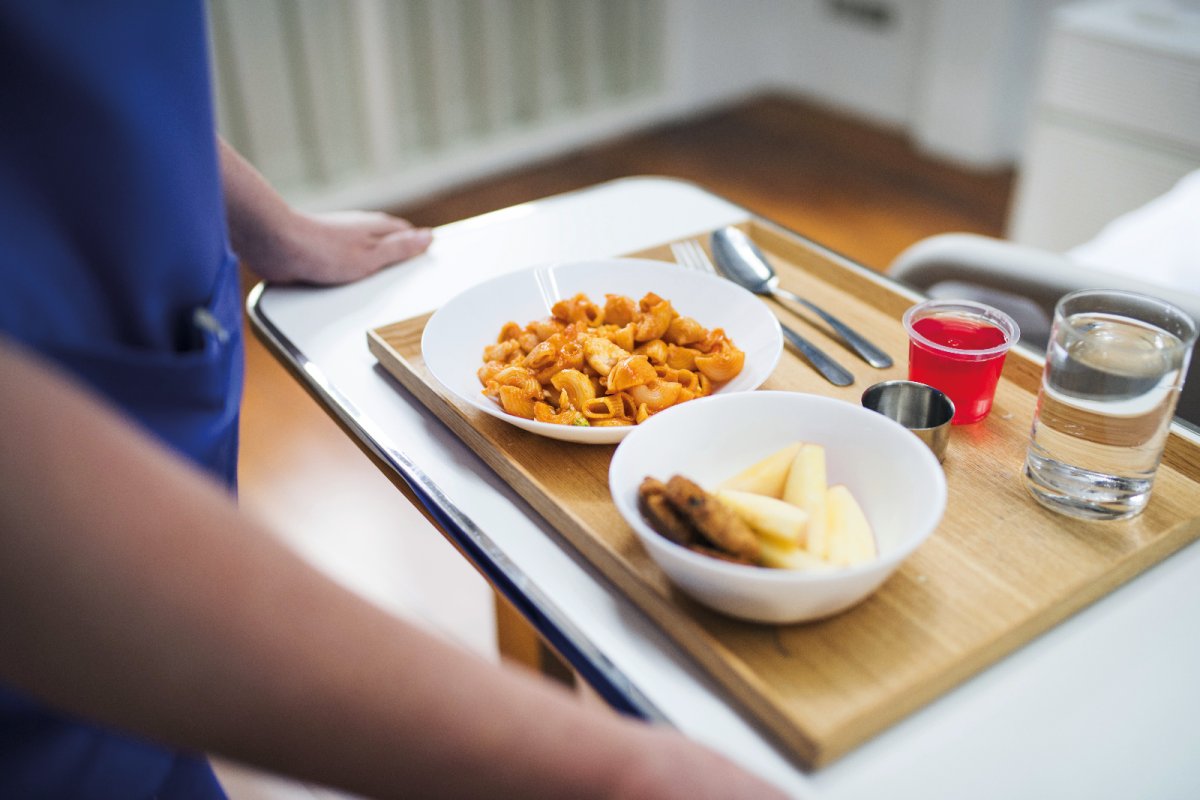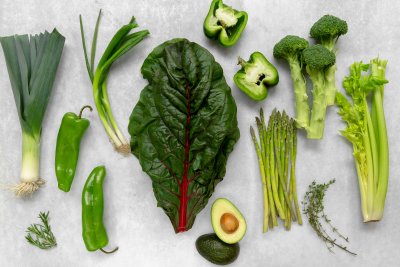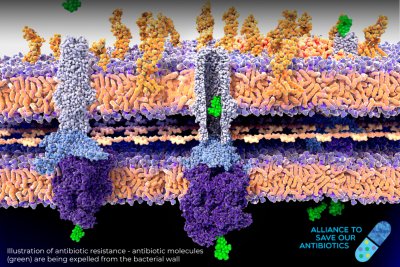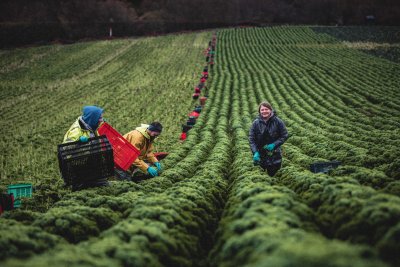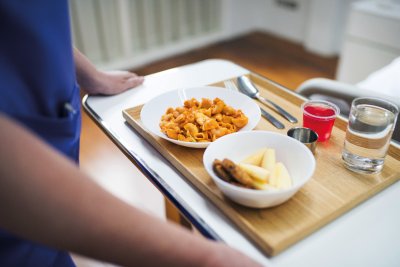 Hospital food tray. Credit: Raw Pexels
Hospital food tray. Credit: Raw Pexels
Gov must strengthen public sector food standards so catering companies don't fuel antibiotic crisis
New report by the Alliance to Save our Antibiotics calls for public sector caterers to publish antibiotic policies and adopt transparent procurement strategies. The Alliance says robust government standards on public procurement are needed to ensure higher antibiotic standards for school and hospital food suppliers
With children well into their new school year, a first of its kind report [1] by the Alliance to Save our Antibiotics finds that inadequate Government Buying Standards for Food and Catering, and weak or non-existent antibiotic policies from the UK’s ten leading catering companies, are failing to control antibiotic use in the production of meat, dairy, fish and eggs served in many schools, universities, colleges, and healthcare establishments.
Antibiotic resistance is a growing global problem, caused by the overuse of antibiotics in humans and animals. Each year about 7,600 deaths [2] in the UK and 1.27 million worldwide [3] are caused by antibiotic resistance.
Despite the scale of the problem, the report ‘Catering companies – feeding the antibiotic crisis?’ finds that catering companies are failing to guard against antibiotic overuse in their supply chains.
Five companies, apetito, ISS, Newrest, OCS, and WSH, have no publicly available antibiotic policy. The other five companies, Aramark, CH&CO, Compass Group, Elior and Sodexo, do have antibiotic policies, but none of them currently prohibit the routine use of antibiotics or collect any data on antibiotic use in their supply chains.
Government Buying Standards for Food and Catering Services, which establish minimum standards for catering in public-sector organisations, also make no mention of the need for responsible antibiotic use. These standards are currently being reviewed and a government response to a consultation will be published later this year. Unfortunately, the government’s proposals for new standards, published last year, still make no mention of any antibiotic standards.
Cóilín Nunan of the Alliance said:
“We know that resistant bacteria can be transmitted to people on food, so there is really no excuse for catering companies having such poor policies. All caterers should source food produced without routine antibiotic use and make more effort to source animal foods from farming systems that have higher levels of animal health and welfare. The Government needs to introduce antibiotic standards for public procurement urgently, backed up by effective monitoring and enforcement. The Government says that it aims to deliver higher quality meals to hospitals and schools, but unless it takes action on antibiotic use, it will be failing to protect the health of patients and children.”
The UK contract-catering industry is big business, with a market value of £4.4 billion, and is involved in serving some of the most vulnerable people in society, including young people. Nine out ten of the companies supply educational establishments (eight in the UK) and nine supply healthcare establishments (eight in the UK).
Intensive Care Consultant and Founder of the UK Sepsis Trust, Dr Ron Daniels [4] said:
"Sepsis already claims more lives worldwide than cancer: if we can't treat simple infections because of antibiotic resistance then tens of millions more people will die each year, meaning that antibiotic resistance is a more immediate threat to our species than climate change. Addressing this demands action from all stakeholders, with the wasteful use of antibiotics for routine prevention in intensive farming an infuriatingly low-hanging fruit”.
The companies surveyed supply food to NHS hospitals, schools, colleges and universities, and to Government departments and the military. They also cater for large-scale events such as Twickenham, Wimbledon, the Royal Opera House, and Royal Botanic Gardens (Kew Gardens), and at venues like Olympia London, QEII Centre, the O2 arena, London Zoo, and Edinburgh Castle. Some also supply staff canteens or high-street brands like Costa, Subway and M&S.
British farm antibiotic use has been reduced by 55% since 2014 [5], following voluntary action by farmers, vets and supermarkets. A campaign by the Alliance and initiatives like the Business Benchmark on Farm Animal Welfare (BBFAW), have helped encourage the UK’s ten leading supermarkets to all adopt antibiotic policies which ban routine preventative use in their own-brand UK produce.
However, the Alliance’s research into catering companies has found their antibiotic policies are lagging well behind those of UK supermarkets. The key findings of the report are:
- Five companies, apetito, ISS, Newrest, OCS, and WSH, have no publicly available antibiotic policy.
- Five companies, Aramark, CH&CO, Compass Group, Elior and Sodexo, do have antibiotic policies, however all of them currently permit antibiotics to be used routinely.
- None of the companies collect any data on antibiotic use in their supply chain.
- Just three catering companies, Aramark, CH&CO and Compass Group, state in their antibiotic policy that they intend to end routine preventative antibiotic use, and only CH&CO declares that this will be achieved by 2024.
- Elior is the only catering company whose policy restricts the use of antibiotics that the World Health Organization has classified as “highest-priority critically important in human medicine”.
- One of the companies, ISS, recently secured a catering contract with Defra (the Department for Environment, Food and Rural Affairs), despite having no antibiotic policy.
You can read the BBC coverage here and the full report is available on the Alliance to Save Our Antibiotics website here
1. ‘Catering companies – feeding the antibiotic crisis?’
2. UK Biological Security Strategy, 2023.
3. Antimicrobial Resistance Collaborators, 2022. Global burden of bacterial antimicrobial resistance in 2019: a systematic analysis, The Lancet
4. Dr Ron Daniels is a consultant in intensive care based in Birmingham. He is the Founder and CEO of The UK Sepsis Trust and has worked closely with the NHS to ensure that patients with suspected sepsis receive rapid and appropriate antibiotics.
5. Veterinary Medicines Directorate, 2022. Veterinary Antimicrobial Resistance and Sales Surveillance 2021
6. The Alliance to Save our Antibiotics is an alliance of health, medical, civil society and animal welfare groups campaigning to stop the overuse of antibiotics in animal farming. It was founded by Compassion in World Farming, the Soil Association and Sustain in 2009. Our vision is a world in which human and animal health and well-being are protected by food and farming systems that do not rely on routine antibiotic use.
Sustainable Farming Campaign: Sustain encourages integration of sustainable food and farming into local, regional and national government policies.
Sustain
The Green House
244-254 Cambridge Heath Road
London E2 9DA
020 3559 6777
sustain@sustainweb.org
Sustain advocates food and agriculture policies and practices that enhance the health and welfare of people and animals, improve the working and living environment, promote equity and enrich society and culture.
© Sustain 2024
Registered charity (no. 1018643)
Data privacy & cookies
Icons by Icons8
